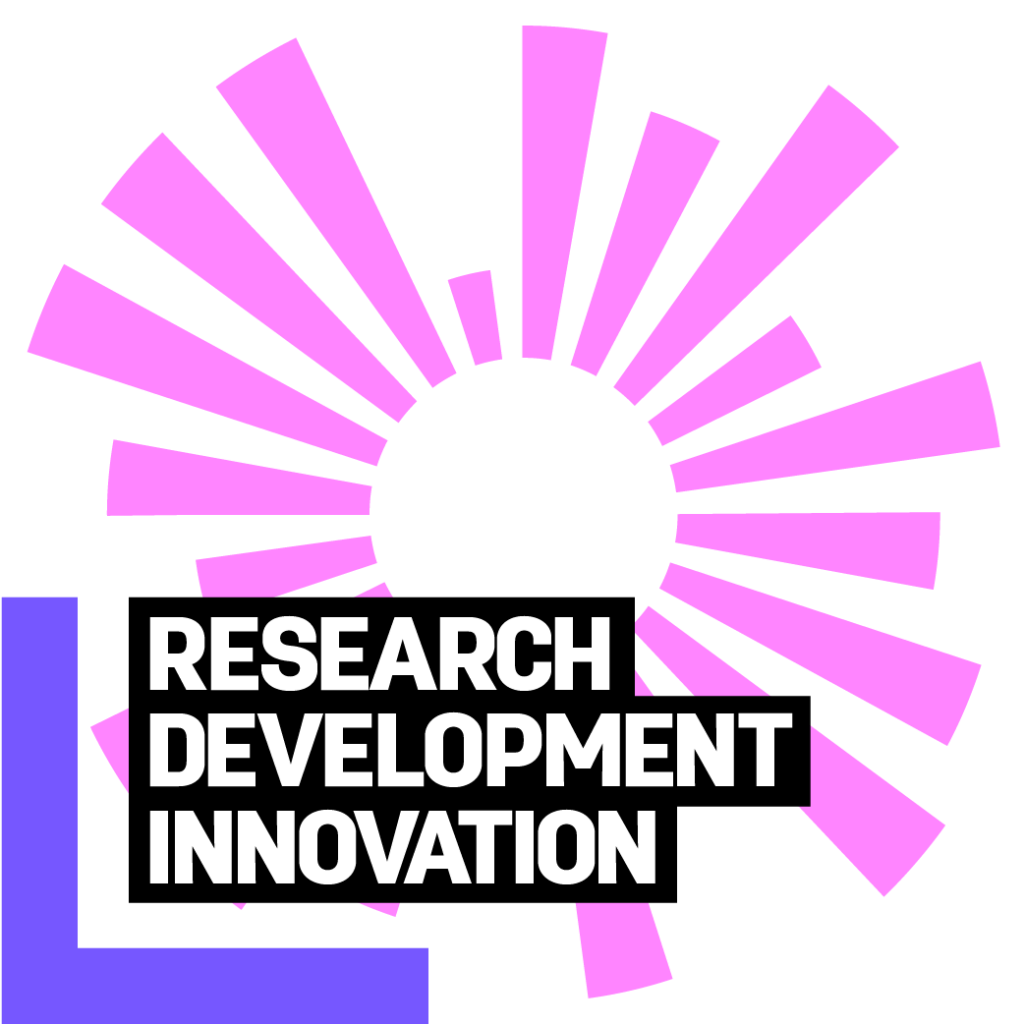Contact Details
- hyp-tr.development.research@nhs.net
-
Stroke Research Team
Suite 36
Hull Royal Infirmary
Anlaby Road
Hull
HU3 2JZ
Meet our other research colleagues...
- Academic Diabetes, Endocrinology and Metabolism
- Academic Neurology
- Academic Oncology and Haematology Trials Unit
- Academic Renal
- Academic Vascular Surgical Unit
- Cardiology and Cardiothoracic Surgery
- Critical Care, Anaesthetics and Emergency Department
- Dermatology
- Hepatology
- Infectious Diseases
- Inflammatory Bowel Disease
- Medical Physics
- Neurosurgery
- Ophthalmology
- Orthopaedics
- Paediatrics, Neonates, Obstetrics and Gynaecology
- Respiratory Clinical Trials Unit
- Rheumatology
- Stroke
- Therapies
Stroke Research Team
We have acute and observational trials investigating recovery rates by analysing brain imaging, trials investigating the risks of dementia after stroke, prevention of stroke in intracerebral haemorrhage survivors with atrial fibrillation, investigating various direct anticoagulants and thrombolytic treatment for acute ischaemic strokes with unknown times of onset.
This will help guide both clinical and experimental therapeutic interventions for the treatment of strokes and also help us understand the trajectory of recovery after stroke.
Our Trials
Ploras Trial
The aim of the study is to provide a clinical protocol that will predict language outcome and recovery after stroke. In order to be successful, we need to study large numbers of participants who have had a stroke, some of whom have continuing problems with their language and some who don’t. The information from this study will enable us to make predictions about likely recovery patterns in participants who suffer strokes in the future.
The aim is to provide helpful and accurate predictions of how speech and language might recover after brain damage. Currently, this is not possible because the factors explaining why participants recover at different rates are not understood.
TWIST
The purpose of this study is to find out whether treatment with tenecteplase (Metalyse®) can improve outcome for patients who have new symptoms of ischaemic stroke when they wake up from sleep (“wake-up stroke”). An ischaemic stroke is caused by a blood clot in an artery in the brain, and tenecteplase works by dissolving the blood clot. If treatment is given shortly after the start of symptoms, this may restore blood flow and reduce brain injury. This is standard treatment for patients who have an ischaemic stroke, provided that treatment can be given early after onset of symptoms. We want to find out whether this treatment is effective also for patients who have a stroke during sleep.
Optimas
The aim of Optimas is to determine the optimal timing of anticoagulation after acute ischaemic stroke in patients with atrial fibrillation (AF), with important implications for treatment efficacy, safety and health economics. Multicentre, partially blinded randomised controlled trial.
Intervention: Early initiation of any direct oral anticoagulant (DOAC) at a dose licensed for stroke prevention in AF, within four days (96hrs) of onset of acute ischaemic stroke.
Control: Standard initiation of any DOAC at a dose licensed for stroke prevention in AF, no sooner than day 7 and no later than day 14 after the onset of acute ischaemic stroke (i.e. between 144hrs and 336hrs from onset).
Prestige A-F
The main objective is to perform a Random Controlled Trial to resolve the long-standing management dilemma of antithrombotic stroke prevention in intracerebral haemorrhage survivors with comorbid atrial fibrillation. Specifically, it will address the question whether direct oral anticoagulants provide a more effective option for prevention of ischaemic stroke and an equally safe option in terms of recurrence of ICH for antithrombotic stroke prevention in survivors of recent ICH compared to no anticoagulation (i.e. no antithrombotic therapy or antiplatelet therapy at Principal Investigator’s discretion).

